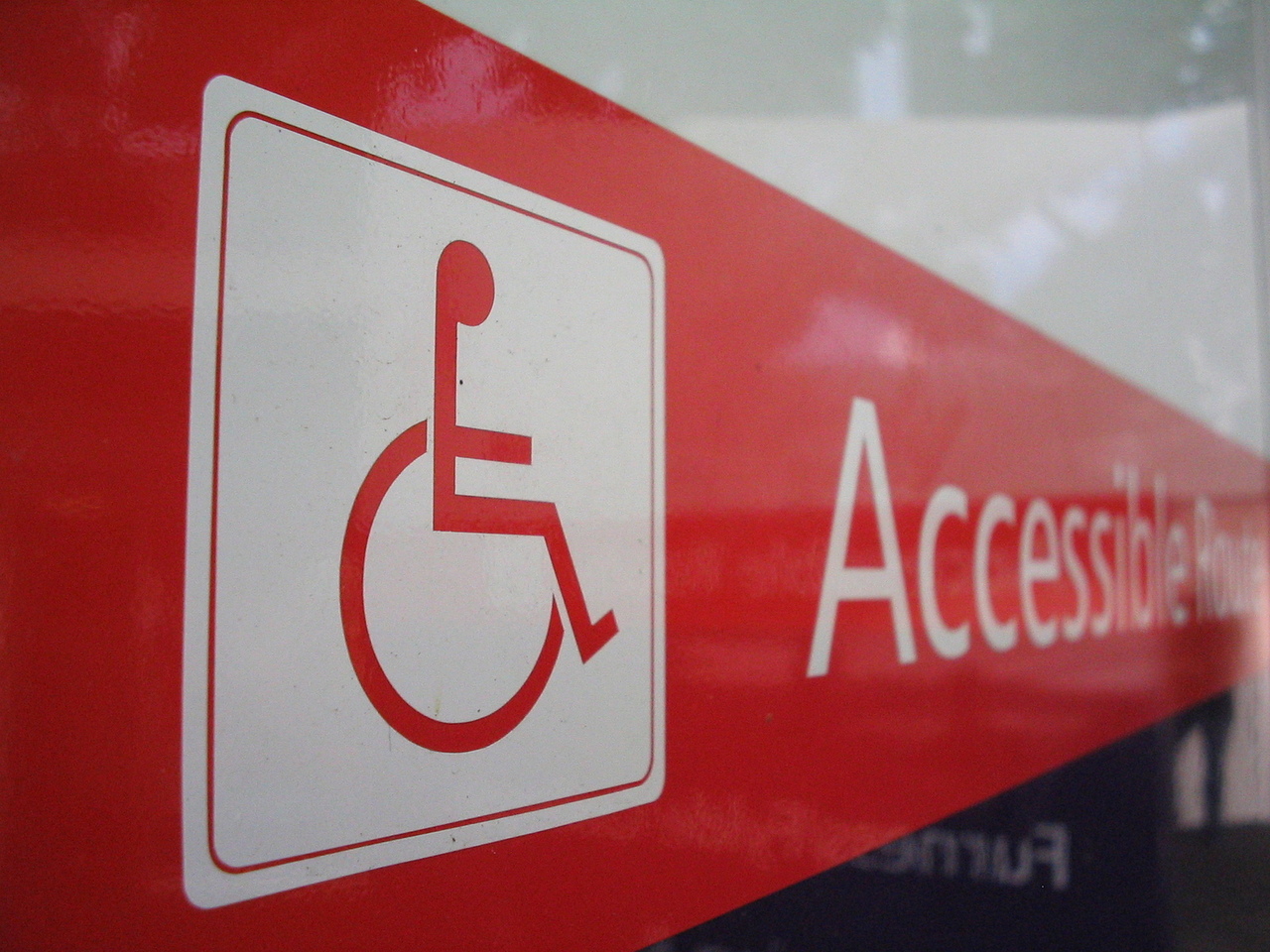
If you ask someone what the opposite of “disabled” is, they just might answer “normal”. This is not an ideal answer. There can be many different ideas of “normal”. These ideas can include disability.
As the world changes, the language we use also changes. There are more respectful ways to talk about persons with disabilities. Often these are through the suggestions and discussion from inside the disabled community. Some people may consider words as just words. But words and communication are important. They can affect how we think and act, and what our attitudes are towards other people. Here we discuss a few conscious changes we can make in the ways we speak and write about people with disabilities.
There are as many ways to discuss this language as there are people with disabilities. Different people may be comfortable or uncomfortable with different terms. Therefore, these are simply guidelines to avoid the worst of ableist language. Ableist is a word that describes something which discriminates in favour of abled people.
A new normal (or not)
Instead of saying normal, use the exact opposite of disabled: abled. When discussing a particular disability, it can be helpful to describe the community without that disability with specific phrases such as “seeing people”, “the hearing community” and so on.
What about when discussing mental disabilities such as dyslexia, learning disabilities or autism? Two common words used to describe people without these disabilities are allistic or neurotypical.
What about toilets, parking and other features or facilities that prioritise people with disabilities? Instead of disabled facilities, they can be more properly called accessible facilities.
There are also words commonly used in everyday speech which are discriminatory or insulting, such as “retard”, “lame” (as in “a lame joke”), “moron” “spastic” and so on. There are alternatives to these words that are more respectful of persons with disabilities. For example, “the joke wasn’t funny / the joke didn’t work” instead of “the joke was lame”, or “ignoring criticism” instead of “deaf to criticism”.
Person-first and identity-first language
When describing a person with disabilities, there are two schools of thought on how to do so. Identity-first language focuses on the disability of that person or community (for example, disabled people, an autistic child, a blind woman). People-first language puts the person first and their disability second (for example, persons with disabilities, a child with autism, a woman with blindness)
Some of the arguments for identity-first language are:
- It frames a person’s disability as an inseparable part of their identity, like their race or gender
- It frames the disability as an accepted part of the self
- It does not imply that the disability is temporary (they have a disability now, but may not in the future)
- It is more direct and straightforward
Some of the arguments for people-first language are:
- It emphasises the person’s value as an individual first
- It describes something that a person has, not what a person is
- It defines people beyond just their disability
- It is more courteous.
Different people have different preferences on what kind of language is used to describe themselves or their communities. These preferences can change over time. But if you are unsure of how a person would like to be addressed, the best way to find out is to just ask.
Reclaiming words
Some people may be comfortable with terms that others are not. Some persons with disabilities specifically identify with words that were once insulting or derogatory. Sometimes the words are very old and are no longer commonly used in an insulting way. The people using these words are trying to make their use normal, to take away the words’ negative power, or to give them a positive connotation. This is called reclamation.
There is a very simple way to figure out if you can reclaim a specific term or word. If the word has not been used to describe yourself or your community, it is not up to you to reclaim it. There is a big difference between a wheelchair user calling themself a “cripple” or “crip” and an abled person using those words to describe people they know.
Conclusion
Language changes all the time. How we use words also changes. We can do our best to avoid language that intentionally or unintentionally insults or puts down persons with disabilities. We can use language that instead accepts them for their differences. Even within a single community, preferences can differ. It is always best to ask a person how they wish to be addressed, or how the community prefers to be addressed.
In the ongoing fight for the rights of people with disabilities, language is certainly not the only issue to consider. However, it is still one worth discussing to respect not just persons with disabilities, but also the words they choose to describe themselves.
References
Andrew P. (2016) #CripTheVote: Notes On “Crip” [Accessed: 12 Dec 2018] Available at: http://disabilitythinking.com/disabilitythinking/2016/3/28/cripthevote-notes-on-crip
Lydia B. (2011) Identity-First Language [Accessed: 12 Dec 2018] Available at: https://autisticadvocacy.org/about-asan/identity-first-language/
Jeff G. (2011) Autism First (Again) [Accessed: 12 Dec 2018] Available at: http://turtlemoon.tumblr.com/post/8705631073/autism-first-again
John F. (1992) Resource on Person-First Language: The Language Used to Describe Individuals With Disabilities [Accessed: 12 Dec 2018] Available at: https://web.archive.org/web/20150511071056/http://www.asha.org/publications/journals/submissions/person_first.htm
Kathie S. (2001) People First Language [Accessed: 12 Dec 2018] Available at: https://nebula.wsimg.com/1c1af57f9319dbf909ec52462367fa88?AccessKeyId=9D6F6082FE5EE52C3DC6&disposition=0&alloworigin=1
The National Autistic Society (2015) How to talk about autism [Accessed: 12 Dec 2018] Available at: https://web.archive.org/web/20150713051329/http://www.autism.org.uk/news-and-events/media-centre/how-to-talk-about-autism.aspx
Penny P. (2016) We’ve had all the insults. Now we’re reclaiming the language of disability [Accessed: 12 Dec 2018] Available at: https://www.theguardian.com/commentisfree/2016/nov/22/language-of-disability-stereotypes-disabled-people
Wikipedia (2018) List of disability-related terms with negative connotations [Accessed: 12 Dec 2018] Available at: https://en.wikipedia.org/wiki/List_of_disability-related_terms_with_negative_connotations
Wikipedia (2018) Neurotypical [Accessed: 12 Dec 2018] Available at: https://en.wikipedia.org/wiki/Neurotypical